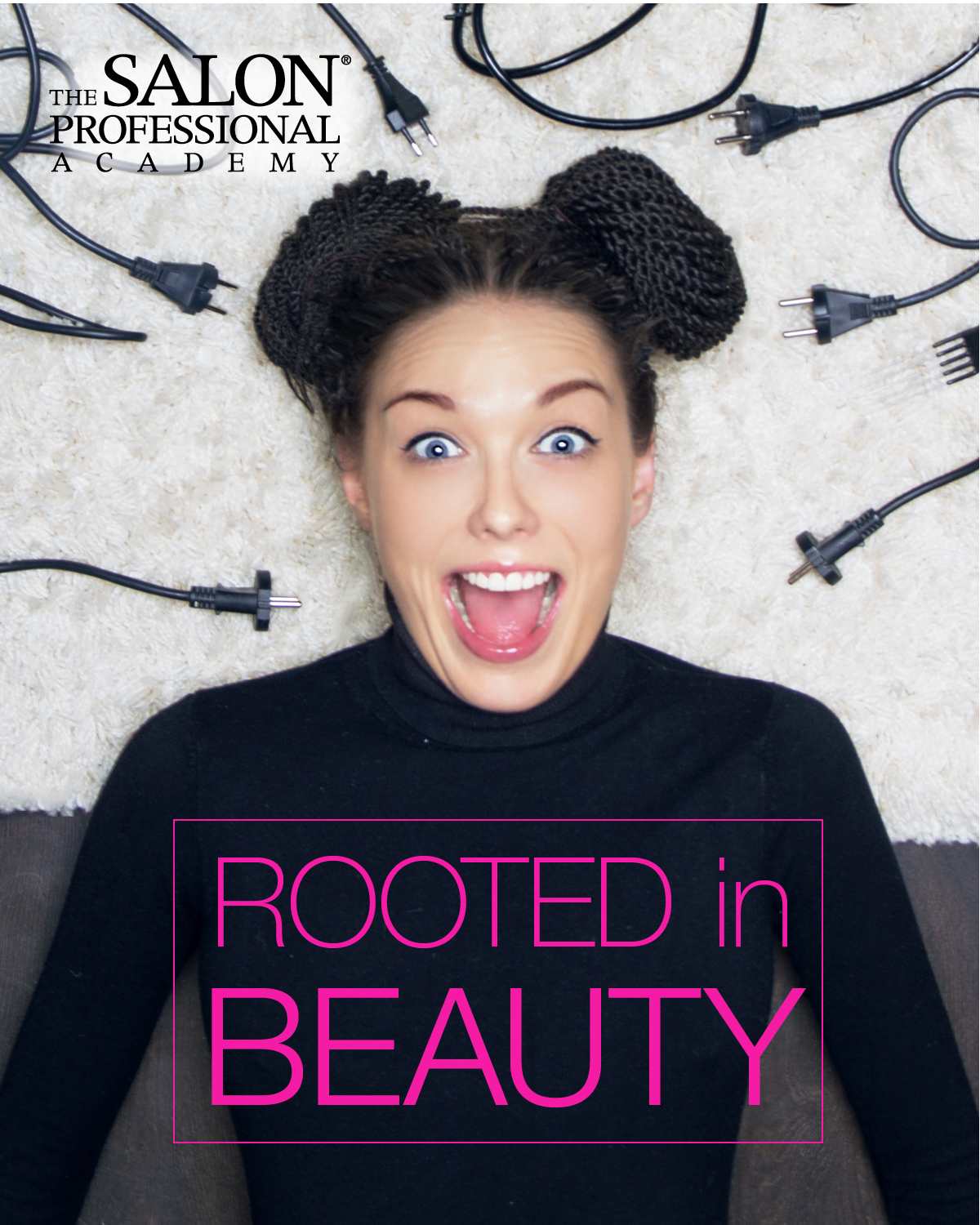Octavia Spencer’s dynamic performance in the 2020 movie Self-Made opened the eyes of those who thought that the beauty industry has little room for Black or Latino women. The story of Madam C.J. Walker, who invented a line of hair care products for Black women in the early twentieth century and became the first documented black female millionaire in the United States, is inspiring and shows that the desire for beauty is important to people of all skin colors.
Madame Walker was a pioneer, but many Black and Latino beauty innovators and entrepreneurs have taken up the cause. Recently Terri Gardner, who comes from the family that created SoftSheen hair products, introduced a new line of hair care products called Mizani, which proclaims, “No matter the texture, no matter the #HairGoals, we’ve got you covered!” Ada Rojas, who is an Afro-Latina, is the force behind Botanika Beauty, which uses traditional herbal ingredients to create treatments for curly hair.
That’s why so many beauty schools have become more culturally responsive and expanded their courses and programs to include more instruction in the care of textured hair and the creation of new styles in braiding, coloring, relaxing, moisturizing, and using hair extensions.
When it comes to hair and cosmetics, it’s not only black beauty schools that believe that everyone should have access to great beauty and haircare. Today’s beauty schools prove that there is room for everyone.












